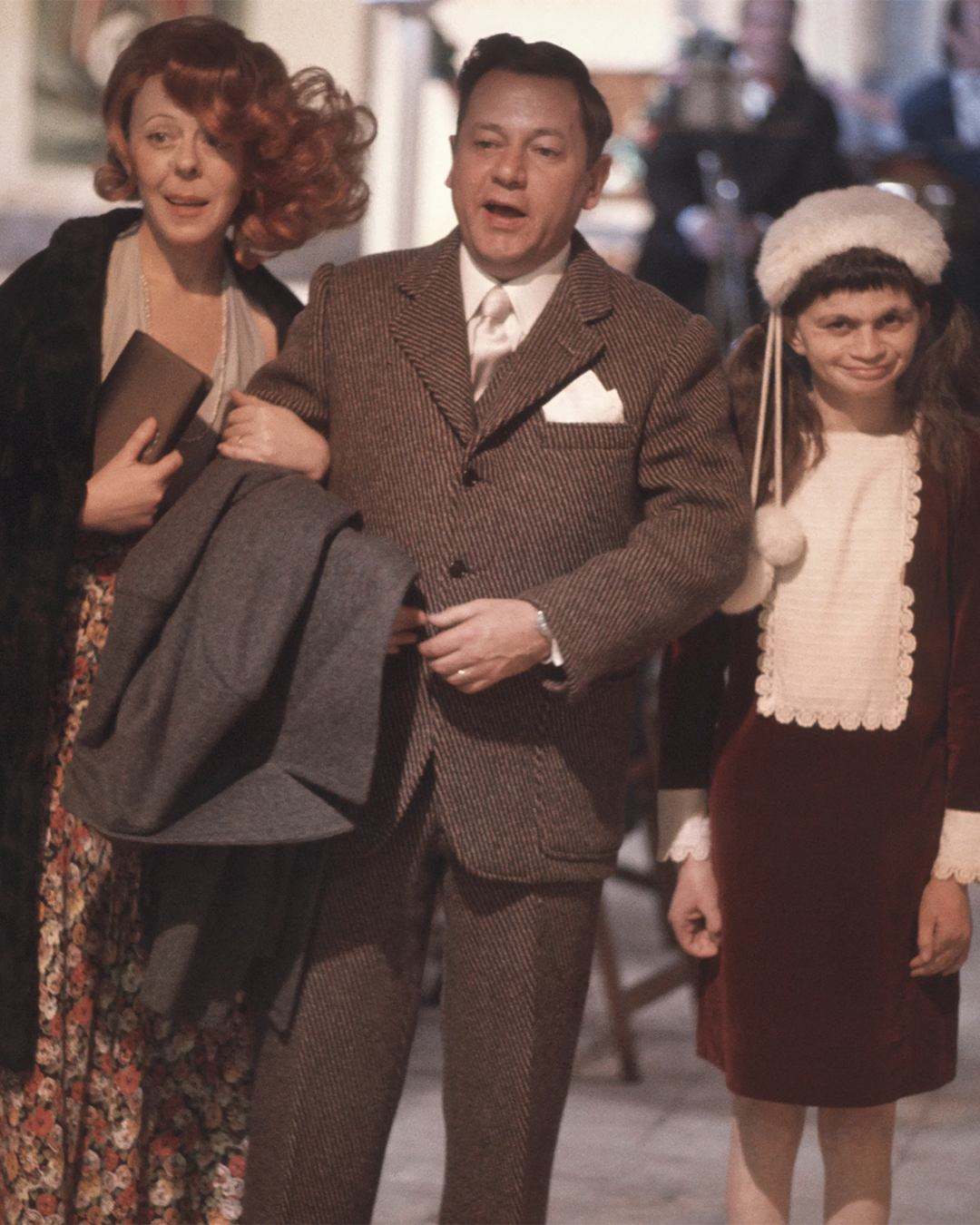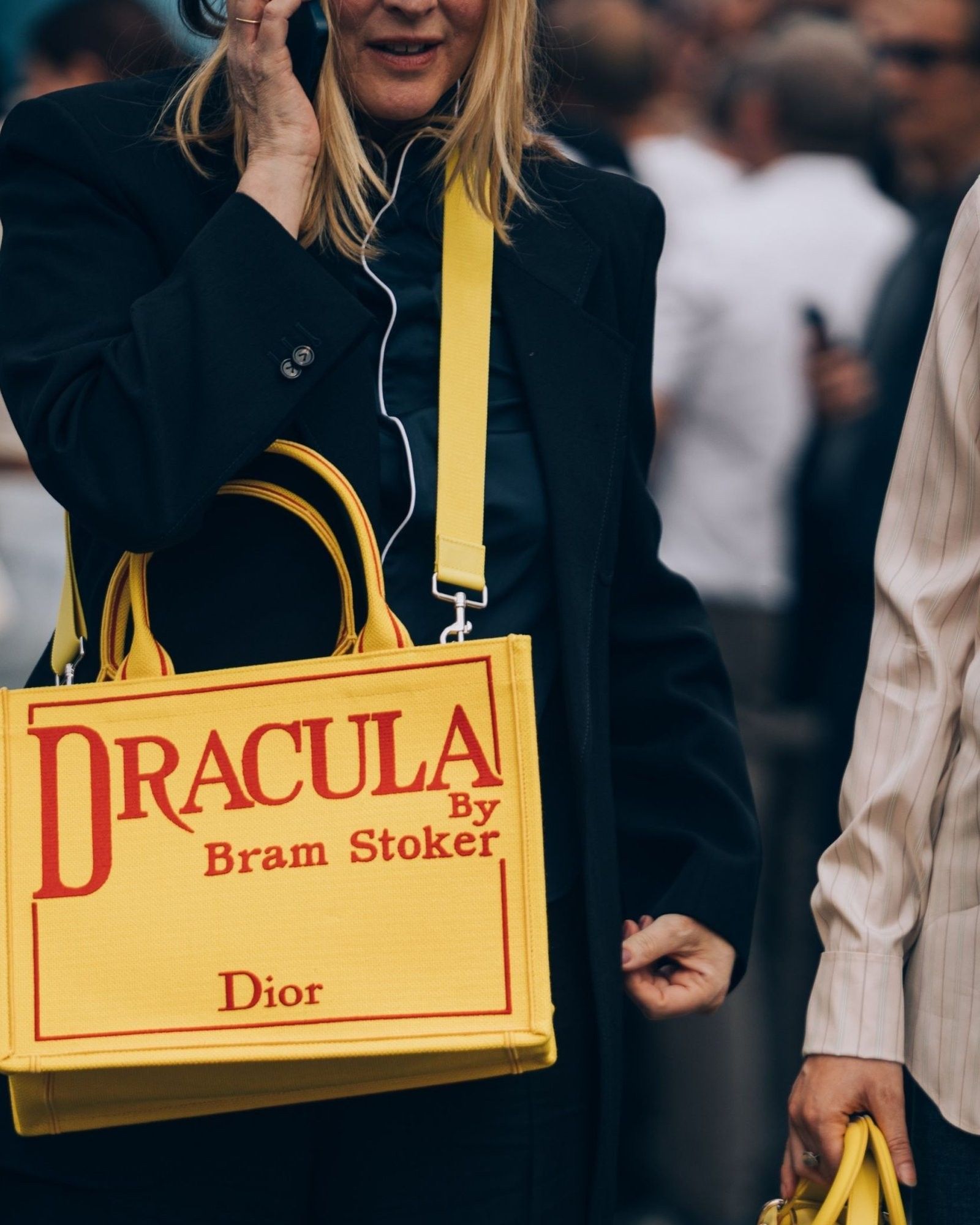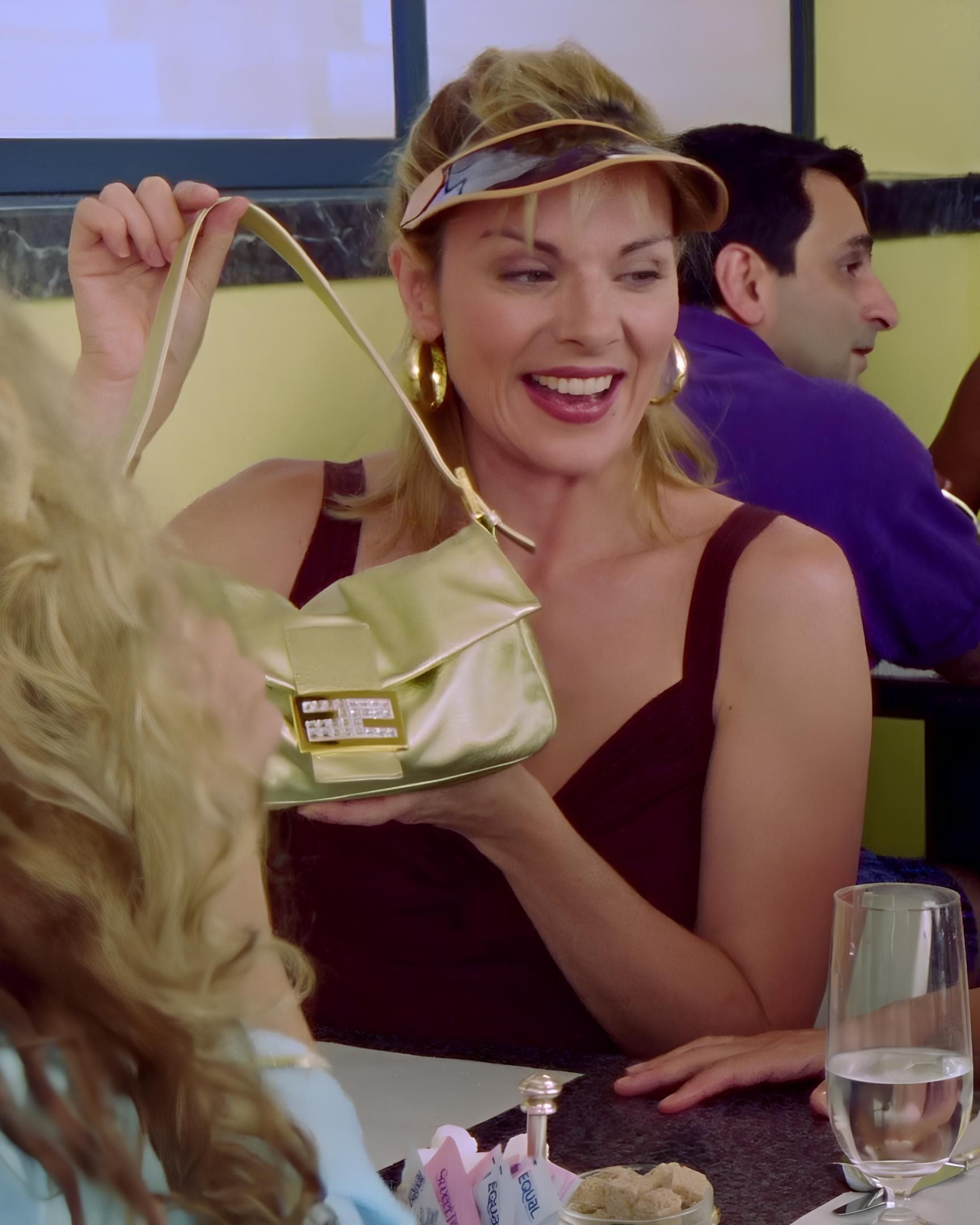
How to fight the fake sneaker market We had a chat with Derek Morrison from StockX how
In a report published last may, the Better Business Bureau identified in the sneaker market one of the main target of large activities of counterfeit. The fake market moves in an elastic way in relation to the consumer goods market, intercepting its biggest trends like the sneaker one. According to Lyst Index, during the first quarter of 2019 sneakers were the most desirable man item, part of a market that is now worth around 55 millions dollars. The problems related to such a big explosion of fakes in a sector that is moving so fast can be of two types: economical and also reputational. As a matter of fact sneakers could be called positional assets, bought for the affirmation of a status quo, both economical and cultural. For all these reasons the 2019 edition of Sneakersness Italy tried to underline the fake problem, also teaming with StockX, the global reselling platform that recently opened in London its first European “authentication center” - i.e. the place where all the sneaker sold on the platform are subjected to a legit check.
«Counterfeit manufacturers are getting better and better, now there’s a kind of high quality fake»,
Derek Morrison - StockX Europe director - told nss magazine. Morrison then continued: «We have to continue to invest in our processes in order to keep up. We know how critical it is: people are trusting us the stuffs they’re buying are guaranteed to be authentic; and there are a lot of opportunities to evolve our performances».
StockX was born just to create a safe space for a sneakerhead community, a space where the people could buy, sell or just get informations about the items they liked the most. Derek Morrison also talked about the StockX status quo, leader the resell sector that is growing fasr, and that brought StockX to become the first reseller market to be valued 1 billion, paving the way to a sector that has evolved from hobby to a real business. «We didn’t invent the stock.market, it has been around for, like, centuries. We just took that idea and focused on what we liked and what we thought it could work», says Morrison answering a question on the next challenges the firm is gonna face: «there will always be other people trying to come in and compete; but for us our focus is really on how we can improve the user experience on our platform».
And it should be meant in this direction the will of StockX of expanding as much as they can the platform, launching the Italian, French and German platforms.
Last June The New York Times talked about StockX as ««part of a burgeoning group of online marketplaces that have turned resales of sneakers into a kind of currency — and an increasingly big business», underlying as the biggest players in the market were able to transform sneakers in a billionaire affair. A sector that in changing a lot during last couple of years, not only economically but also artistically, and where musicians and rapper have now took the place of athletes as benchmark for sneakers communities.
Kanye West, Tyler the Creator or Travis Scott are only some of the most egregious names: «trend are shifting way from performance shoes - that were difficult to wear off the court comparing to Jordan I or Jordan VI. Athletes are still very good selling those shoes. But sneaker culture is broadening its identity into fashion and really beyond simply performance shoes. But there is very few artists capable of making good shoes, who are very special individuals capable of put their world and vision into the sneakers so that people are also buying that world and the piece of that person art and not only the shoe», Morrison said. At Sneakerness there were a lot of those models who helped define the aesthetics of this era, together with handbags, streetwear and objects. All these items could be bought on StockX:
«we’re really happy of how extra-sneaker stuff is sold on the platform; Virgil Abloh for Louis Vuitton handbags or Kim Jones for Dior and Kaws capsule are still selling very good. We have the sensation of being just scraping the surface and that we can do a lot more».












































































